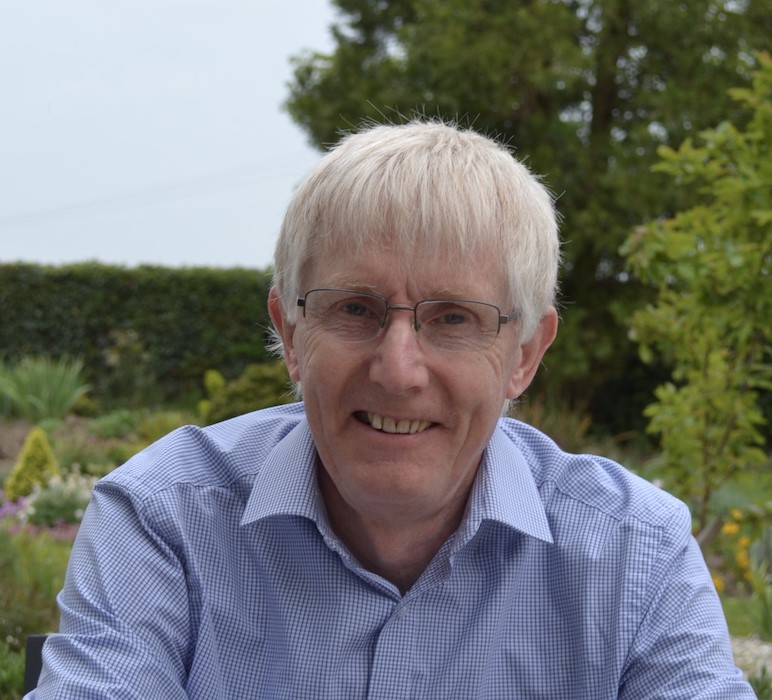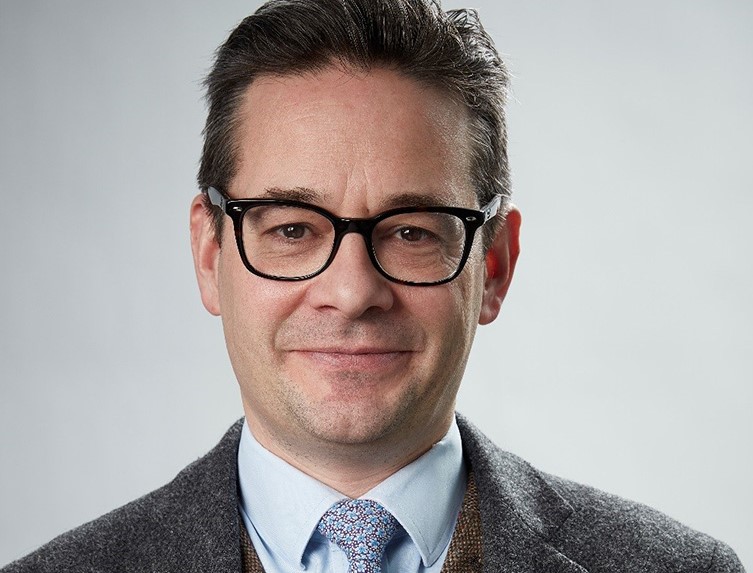Two St John’s scientists among the new Fellows announced by The Royal Society
A scientist who identified the origins of common childhood brain tumours and a biologist whose research focuses on the early stages of pregnancy have both been selected as Fellows of The Royal Society.
Professor Richard Gilbertson FMedSci FRS and Professor Graham Burton FMedSci FRS are among nine University of Cambridge researchers selected for their ‘exceptional contributions to science’.
The Royal Society is a self-governing Fellowship made up of the most eminent scientists, engineers and technologists from the UK and the Commonwealth. Its Foreign Members are drawn from the rest of the world.
The Society’s fundamental purpose is to recognise, promote, and support excellence in science and to encourage the development and use of science for the benefit of humanity.
“I am delighted to receive this recognition for myself and the field of reproductive biology, and thank colleagues and collaborators”

Professor Burton, Mary Marshall and Arthur Walton Professor Emeritus of the Physiology of Reproduction, is a reproductive biologist whose research has focused on the early stages of human pregnancy. In particular, he showed how the placenta is established in a protective low-oxygen environment, stimulating its own development through interactions with the uterus.
He demonstrated that aberrations in the early stages of placental development can adversely affect the life-long health of the mother and her offspring. Burton was founding Director of the Centre for Trophoblast Research, and founding Chair of the Strategic Research Initiative Cambridge Reproduction.
He said: “I am delighted to receive this recognition for myself and the field of reproductive biology, and thank colleagues and collaborators for their contributions over the years.”
“I am truly delighted and humbled to receive this recognition that I share with all the wonderful students, trainees and colleagues I have worked with”

Professor Gilbertson, Li Ka Shing Chair of Oncology; Head of Department of Oncology, University of Cambridge; Director of Cancer Research UK Cambridge Centre, is a paediatric physician-scientist who has identified the origins of common and aggressive childhood brain tumours and many of the genetic alterations that drive these tumours.
His research has helped establish a direct link between disordered development and the multiple different brain tumour types observed in children: contributing directly to their classification by the World Health Organisation (WHO); changing the way conventional treatments are used, sparing children from unnecessary side effects; and underpinning clinical trials of new therapies.
Professor Gilbertson said: “I am truly delighted and humbled to receive this recognition that I share with all the wonderful students, trainees and colleagues I have worked with over the years.”
The seven other new University of Cambridge Fellows of The Royal Society are: Professor Roberto Cipolla FREng FRS, Professor Douglas Easton FMedSci FRS, Professor Robin Franklin FMedSci FRS, Professor Paul Lehner FMedSci FRS, Professor Roberto Maiolino FRS, Professor Angelos Michaelides FRS and Professor Jason Chin FMedSci FRS.
The 51 Fellows and 10 Foreign Members along with one Honorary Fellow have been elected from across the UK including, Belfast, Birmingham, Dundee, Edinburgh, Exeter, London, Loughborough, Manchester, Oxford, Southampton and Strathclyde and from around the world including Australia, Germany, South Africa and the USA. 23.5 per cent of this year’s intake of Fellows and Foreign Members are women.
Sir Adrian Smith, President of the Royal Society said: “It is an honour to welcome so many outstanding researchers from around the world into the Fellowship of the Royal Society.
“Through their careers so far, these researchers have helped further our understanding of human disease, biodiversity loss and the origins of the universe. I am also pleased to see so many new Fellows working in areas likely to have a transformative impact on our society over this century, from new materials and energy technologies to synthetic biology and artificial intelligence. I look forward to seeing what great things they will achieve in the years ahead.”
Published 10/5/2022